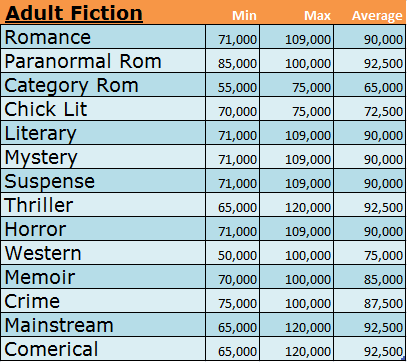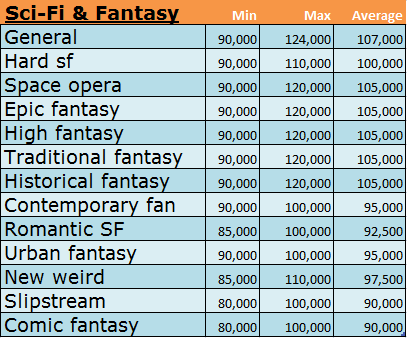What makes it great?
WeBook has a lot of opportunities available to writers. Almost every website for writers has an opportunity to share work to get feedback. WeBook enables writers to enter Page 2 Fame, which is a sort of competition where the prize is getting your work read by a pool of agents. There is also Agent In Box which is a system that has streamlined and simplified the process of querying an agent.
When you are not writing you can read the various support resources for your craft or the works of other writers to help and provide feedback.
The website is pretty straight forward and easy to use. I would recommend it.
My WeBook
- My Home: An overview of current news (competition winner) and a link to the monthly competition. The page also hosts links to all my work (Page 2 Fame, Agent In Box, Projects)
- My Profile: An introduction of me: http://www.webook.com/member/Redfae
- My Inbox: A way to private message other writers.
- My Groups: A forum to share thoughts or ideas with like minded people.
- My Friends: All the people you've added to your friend list
Page 2 Fame
Writers post their writing to get judged by readers. If the readers like it then they get elevated to the next round and post a larger sample of their story. There are three rounds:
- Round 1: Writers submit their summary and first page to be rated. Readers score it between 1 and 5. If you get enough high scores (4s and 5s) then you get elevated to the next round.
- Round 2: Writers have up to 2 months to submit their first 5 pages to be rated. Readers score it between 1 and 5. If you get enough high scores then you get elevated to the next round.
- Round 3: Writers have up to 3 months to submit their first 50 pages to be rated. These are rated by expert raters. To become an expert you need to have rated several pieces of work and given similar scores to the professionals.
- Literary Agent Showcase: To get here is like making it to the top of the slush pile. Here, your work will be read and considered by a pool of literary agents looking for the next best seller.
There used to be a £3.95 fee but it is now completely free to enter.
Agent In Box
This part of the site has tips and advice to help you with preparing you manuscript and writing your query letter. The site will filter agents for you to query by genre and help prepare your sample to meet their needs (i.e. first 5,000 words or 3 chapters). You can then query a group of agents at once. Your submissions is checked before sending to make sure you have not made any silly mistakes - this can take 3 to 4 days.
This makes submissions really quick and easy. Although you should still amend your query for each agent to explain why you have chosen to query them.
This tool was better before as you got feedback from the agents on your submission and the feedback was recorded on the site for you to review at any time. This feature has now gone. However, it is now free to use.
Writing or Feedback
This is probably the best part of the website. Here you can create your writing project and post it for others to read and give feedback. This enables you to see your story through your readers eyes and improve it. It is common courtesy to return the favour - so read their work too and give helpful feedback.
Here you can easily find work posted by other writers. I often search for writers doing similar projects to me as I suspect that if they are writing the same genre then they must like it. It also gives me an idea of my competition and if they know their stuff they are better positioned to share advice to help me.
Explore
One thing that makes WeBook great is their source of information and support for writers. This section of the site has guides on everything you need to know as a writer:
- Writing tips and techniques ,
- Paths to publication
- Getting more out of WeBook
- Buy books published by WeBook
Forum
The forum is where you can go to discuss writing or reading. It's also where a lot of people advertise their projects for feedback swaps.
Blog
The WeBook blog usually gives details about competition winners, published work and interviews with writers or agents.
My posts about WeBook from 2010 and 2011: http://redfae.weebly.com/1/category/webook/1.html




